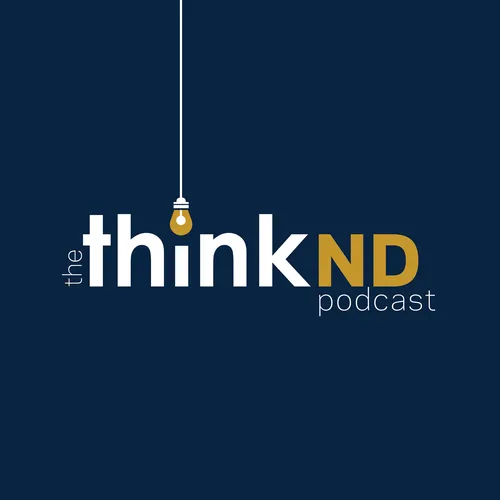Numbers Can Lie: When Algorithms Work Perfectly but Fail Miserably, Part 2: Not All Faces are Alike
- Author
- ThinkND - University of Notre Dame
- Published
- Sat 07 Nov 2020
- Episode Link
- https://go.nd.edu/d845fe
Episode Topic: Part 2: Not All Faces are Alike
Facial recognition technology has encountered controversy over claims of bias, and research at Notre Dame has uncovered that the accuracy of face recognition is different for different demographic groups. The same research is beginning to uncover the causes of these differences. Meanwhile, also learn how data can benefit society, along with the challenges that come with relying only upon the numbers.
The famous saying, “numbers don’t lie,” might work when reporting the score of a football game, but even then, they don’t tell the whole story. In this lecture, you will learn the basics behind data science and discover how easily human bias can be encoded into computer models. The results of algorithms have implications for not only who may obtain a fair loan, but with who stays in prison and who’s released, and who will be favored by machine learning “decisions.” With so many parts of our lives impacted by Big Data, how do scientists balance algorithms and ethics?
Featured Speakers:
- Roger Woodard, Teaching Professor in the Department of Applied and Computational Mathematics and Statistics and Director of the Online MS in Data Science, University of Notre Dame
- Marie Lynn Miranda, Charles and Jill Fischer Provost and Professor of Applied and Computational Mathematics and Statistics, University of Notre Dame
- Kevin Bowyer, Shubmehl-Prein Professor of Computer Science and Engineering, University of Notre Dame
Read this episode's recap over on the University of Notre Dame's open online learning community platform, ThinkND: go.nd.edu/bc4a02.
This podcast is a part of the Science Lab ThinkND Series titled “Numbers Can Lie: When Algorithms Work Perfectly but Fail Miserably”.
Thanks for listening! The ThinkND Podcast is brought to you by ThinkND, the University of Notre Dame's online learning community. We connect you with videos, podcasts, articles, courses, and other resources to inspire minds and spark conversations on topics that matter to you — everything from faith and politics, to science, technology, and your career.
- Learn more about ThinkND and register for upcoming live events at think.nd.edu.
- Join our LinkedIn community for updates, episode clips, and more.
